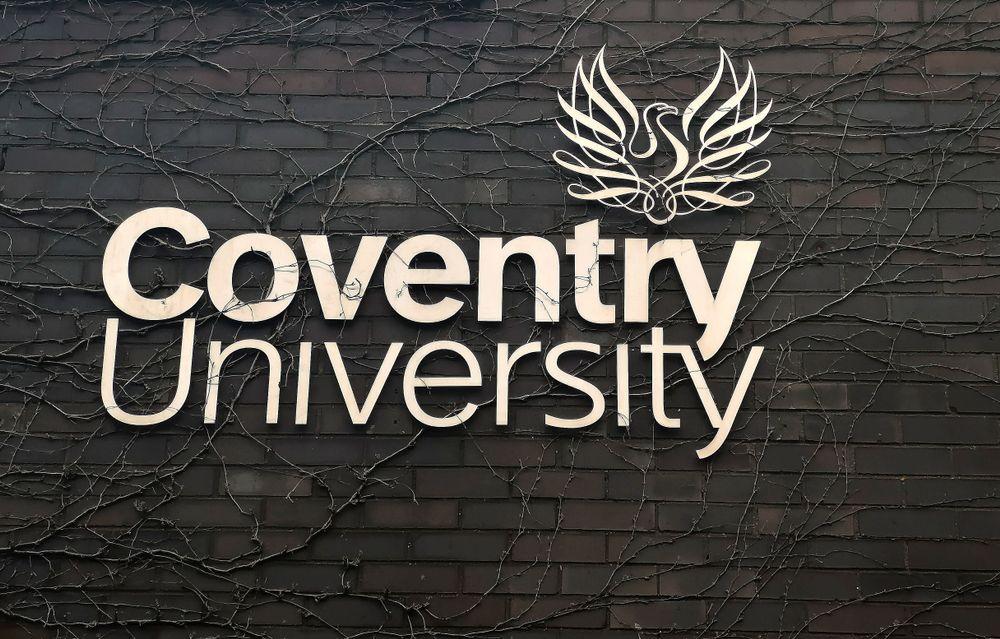
BSc (Hons) in Forensic Psychology
Coventry University, Coventry


Coventry University, Coventry

BSc (Hons) in Forensic Psychology
Coventry University, Coventry
Coventry University offers placement support
Top choice of Indian students
Fee Waiver with Leap
This is verified by QS Rankings 2025
Scholarship Available
Quick Admit Response
Degree
Undergraduate
Duration
36
Course Type
With Co-op
Co-op education gives you real-world experience in a job related to your studies.
INR
19.32L
USD 22727
1st Year Tuition Fees
Opening Soon
Opening Soon